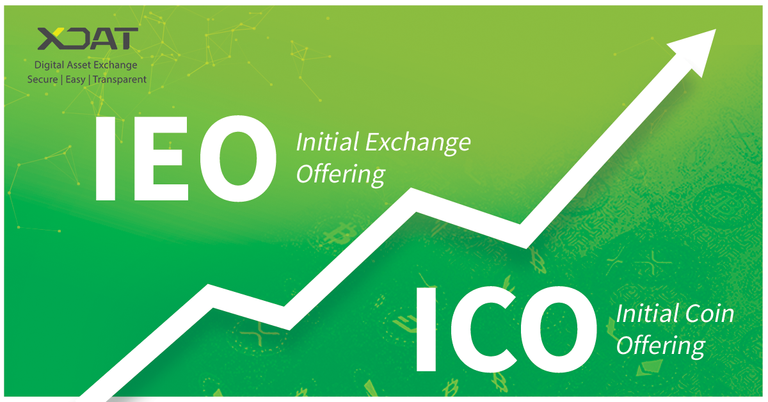ICOs are a novel concept, a crafty way of raising capital without diluting equity in the companies. A wonderful way of avoiding VCs who typically take up chunky stakes and also Board seats in the companies, thereby having a say in its functioning. There are pros and cons to both approaches, clearly.
We all know how ICOs transpired through 2016-18. More than 80% are now considered as scam, perpetrated by founders, advisors, and investors who all benefited from the crazy bubble in this period. (It is ironic how Crypto was born partly as a response to the financial crisis of 2008 where the common man suffered the most, and we ended up in the ICO phase which again turned out to be an economic disaster for the common man who invested in it.)
Eventually, the ICO bubble burst, and what could have been a wonderful new funding tool for genuine founders, is now looked at with contempt and distrust across the globe. What should have always been done as part of diligence is being followed now - invest in projects with the genuine team, at least a minimum viable product, product-market fit, etc. Basically, it is closer in diligence to traditional VC world.
IEO or Initial Exchange Offering is an exciting new funding mechanism led by leading exchanges in the world - Binance, Bittrex, KuCoin, Huobi etc. The process is fairly simple - a project passes the due-diligence of the exchange, agrees to pay them a listing fee and a percentage of proceeds raised, raises funds from the exchange's users who pay for the project's tokens with the exchange's native token or BTC, and the project is automatically listed on the same exchange.
There are certain enhancements over the ICO - diligence is done so presumably only viable projects with teams and minimum viable products are launched, issuers can raise their funds in one place and pretty quickly (most IEOs have been sold out in seconds to minutes), and exchanges have said that they will monitor the progress of the project and release funds in phases.
Both parties win - projects get non-dilutive capital, listing, and automatic PR. Exchanges can choose from the best projects, make tons of money, and most importantly create a lot more demand for their native tokens.
However, there are obvious questions that arise.
How are the projects chosen? Can the diligence be made public for greater transparency?
How are the investors chosen? These IEOs are sold out in seconds and social media is awash with complaints from users getting locked out or unable to participate even when they meet the requirements. Are whales accumulating assets to participate in IEOs, and is that partially explaining the recent bull run in the market, where adoption rates haven’t really increased at the same rate?
How do the projects perform post IEOs? Most of the projects have gone 3x-5x at listing, and some of them have dumped -5x within a week after listing. Now, where have we seen such crazy moves before?
In certain ways these are queries that are symptomatic of ICOs - there is no regulation that dictates IEOs. While I am sure some of the exchanges are doing a genuinely great job in offering out IEOs, if history has taught us anything it is that unregulated environment attracts miscreants and manipulation, so we need to beware!
Hi! I am a robot. I just upvoted you! I found similar content that readers might be interested in: